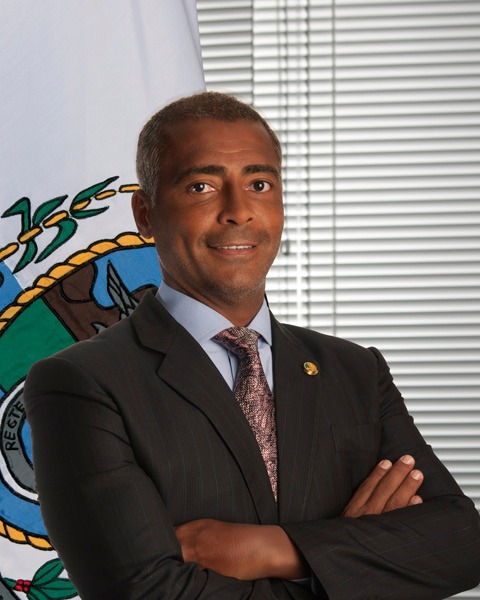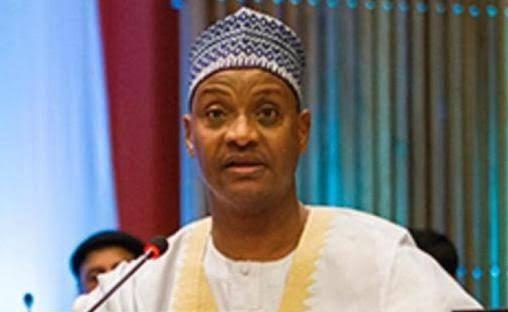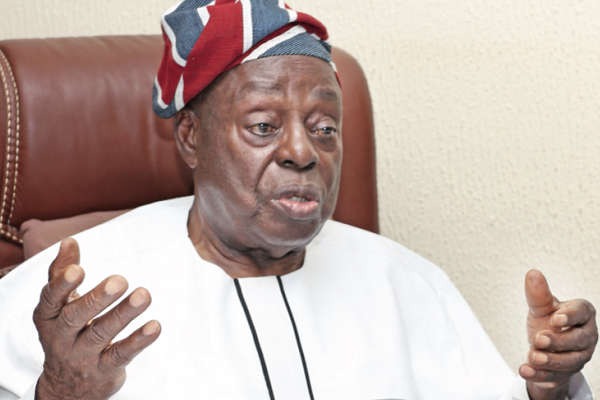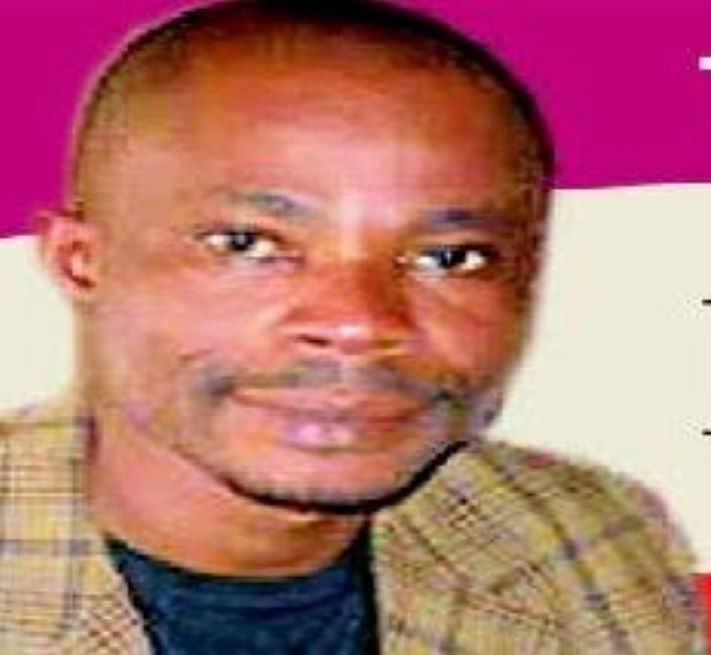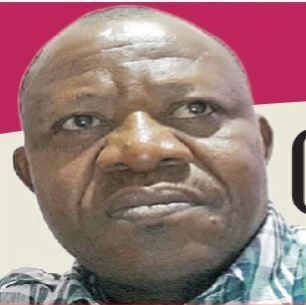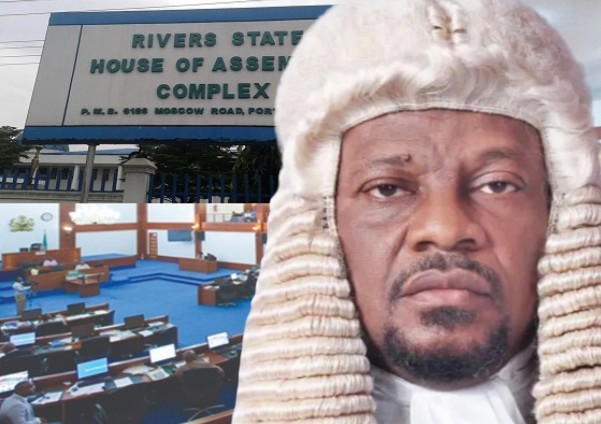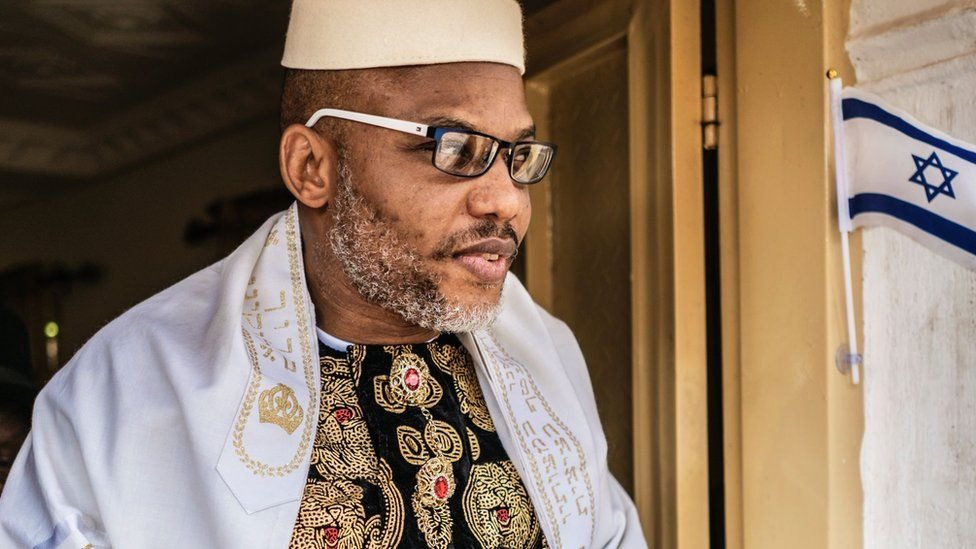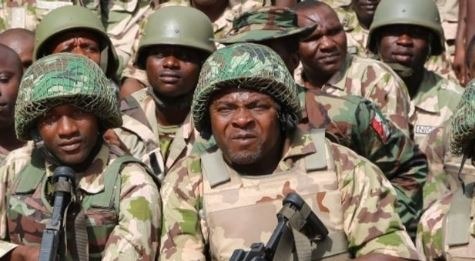In the 1930s parents put a premium on the number of children they had. Hence, polygamy was the order of the day. The reason was that the more children they had, the more hands would be available to help on the farm. The only occupation then was farming. I believe this was one of the reasons why polygamy was the order of the day.
When as a young adult, I was admitted into infant class at Emmanuel School, Ado-Ekiti in 1937, we were 25 in number. There were only five girls amongst us and only one completed the eight years programme leading to the primary six certificate.
Discrimination against women in Nigeria
The common saying was that there was no need to educate a woman because at the end of the day, she would end up in the kitchen. That was understandable because at that time, the main duty of a woman was to help the husband on the farm and cook for the family.
A new era
Since then, many changes have taken place. In ABUAD today, girls outnumber boys. Most interestingly, during convocation ceremonies, those who come up with the first class in all courses are women in the ratio of about nine girls to one boy. I once thought I should change the university to a girls’ university. The Vice-Chancellor, the Registrar, and the Librarian are women and perform very well.
Since the late 19th Century, there has been a movement in civilized countries to form a world organization to fight for women’s rights which today is known as International Women’s Day.
The first National Women’s Day
The origins of IWD can be traced back to the United States, where the Socialist Party of America organized the first National Woman’s Day on February 28, 1909. This event was held in New York City and was aimed at advocating for equal rights for women, including suffrage. It was a response to the growing discontent among women, particularly those working in the garment industry, who were subjected to harsh working conditions, low wages, and discrimination.
The Internationalisation of Women’s Day
The idea to make the day international came from Clara Zetkin, a German socialist and advocate for women’s rights. In August 1910, at the International Socialist Women’s Conference held in Copenhagen, Zetkin proposed the establishment of an International Women’s Day. Her proposal was met with unanimous approval from the over 100 women from 17 countries present at the conference, representing unions, socialist parties, and working women’s clubs. Zetkin’s proposal did not specify a date, but the idea was to promote equal rights, including suffrage, for women worldwide.
The first International Women’s Day
The first International Women’s Day was observed on March 19, 1911, in Austria, Denmark, Germany, and Switzerland, with rallies and organised meetings that attracted thousands of women. These events focused on women’s rights to work, vote, be trained, hold public office, and end discrimination. Notably, less than a week after the first IWD, the tragic Triangle Shirtwaist Factory fire in New York City brought further attention to the critical need for labour reforms and safety standards in the United States, highlighting the dire conditions many working women faced.
The date becomes official
In 1913 and 1914, International Women’s Day began to be observed on March 8, a date that has been officially maintained since. The choice of March 8 has various explanations, but it is widely recognised for its association with women’s activism in Russia in 1917, when women striking for “bread and peace” in response to World War I initiated a series of events that led to the abdication of the Tsar and the granting of the right to vote to Russian women.
The origins of International Women’s Day are rooted in the struggle for women’s rights and labour rights, reflecting a broader movement for social justice and equality. Over the years, IWD has evolved from a day of protest and demand for the franchise to a global celebration of women’s achievements and a continuing call for gender equality.
IWD in the early years
The early years of International Women’s Day, IWD, are marked by a blend of activism, struggle, and the burgeoning movement towards gender equality and women’s rights. Following its establishment, IWD became a focal point for women around the world to unite in their demands for fair treatment, the right to vote, better working conditions, and equality. This period was characterized by significant events and milestones that laid the groundwork for future advancements in women’s rights.
Early 20th Century activism
In the years following its first observance, International Women’s Day was closely tied to the labor movements sweeping across Europe and North America. Women laborers were at the forefront, advocating for shorter work hours, better pay, and the right to unionize. The textile and garment industries, in particular, saw significant participation from women, who often worked in poor conditions for minimal wages.
IWD gains international recognition
Throughout the 1910s and 1920s, International Women’s Day grew in prominence and was celebrated by an increasing number of countries. It became a day not only to advocate for labour rights but also to push for women’s suffrage, education, and the right to hold public office. The Bolshevik Revolution in Russia in 1917 saw women gaining unprecedented rights, and March 8 was declared a national holiday in Soviet Russia, further elevating the day’s significance.
Education
I want to take this opportunity to appeal to the government on this International Women’s Day celebration that women should fight for their rightful place in politics. The question on the lips of everybody is why do women not play more active roles in politics.
Recently in Nigeria, the National Assemblies rejected the Gender Equality Bill, which Princess Grace Adejoh, a columnist, called “an astronomical apolitical stance and aberration against, as well as a separation of Nigerian women participating in politics, which is academically, legislatively, constitutionally, statutorily, and actorally reprehensible to say the least”. Nyesom Wike, a former governor of Rivers State, also criticized the rejection, calling it a significant setback for the nation’s democratic development.
The need to draft a constitution that will guarantee equity, fairness, and justice to all Nigerians was one of the outstanding recommendations made at the National Conference, which President Goodluck Jonathan called in 2014. After realising that the current constitutional protections are not entirely effective in preventing discrimination based on sex, religion, or ethnicity, the recommendation was made in light of the need to ensure that Nigerians of all backgrounds participate equally in every aspect of the country’s endeavours. It is clear today that women still face a lot of discrimination, particularly when it comes to their involvement in politics. I will, therefore, continue to address this issue, which continues to be of great concern to all Nigerians, including women, who are outraged by the few opportunities that women have to effectively engage in politics in Nigeria.
Compulsory education for women
Regrettably, some religions do not permit women to go to school or university. I believe it is our duty to fight for United Nation’s order that it is compulsory that all women should be allowed to go to school, no matter their religion. Women should fight for the review of all laws, customs or practices that forbid women from participating in politics or forbid children from going to .school
